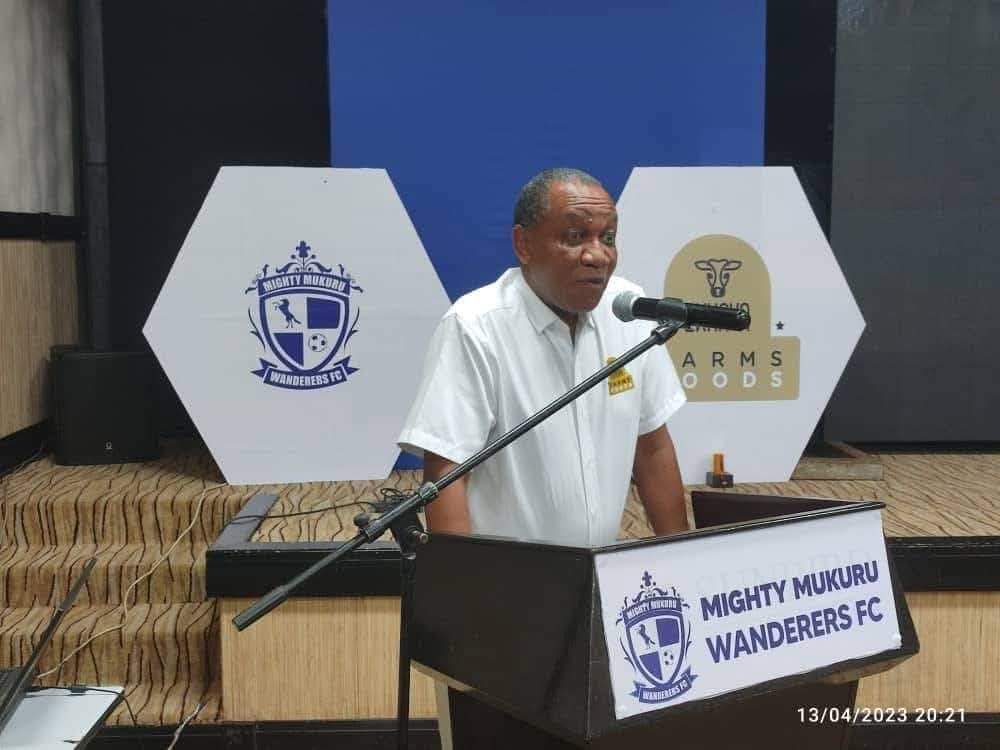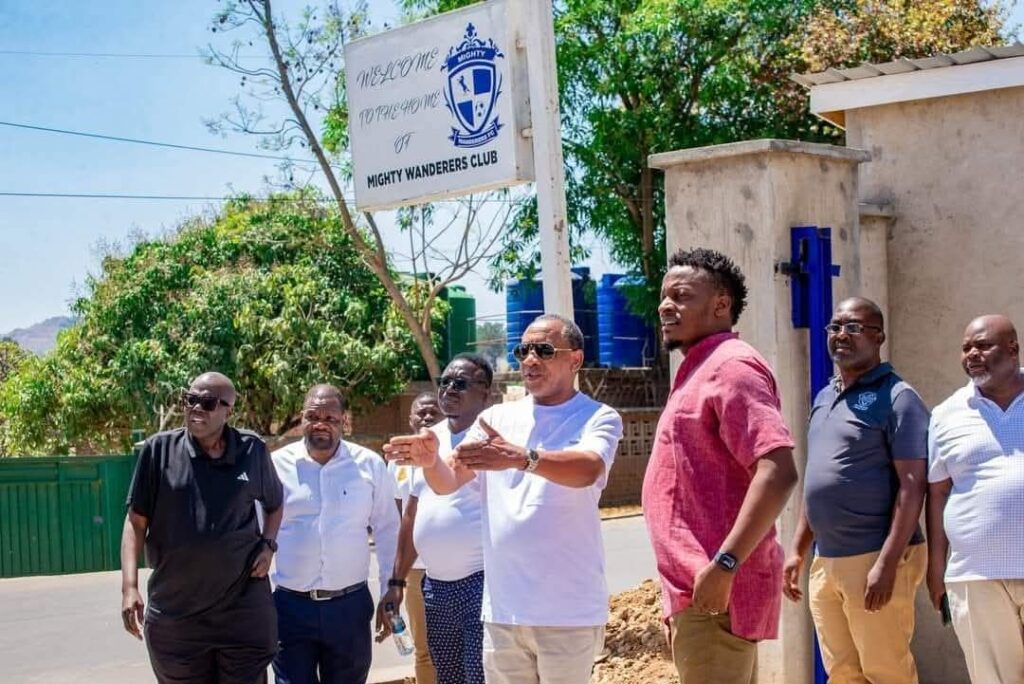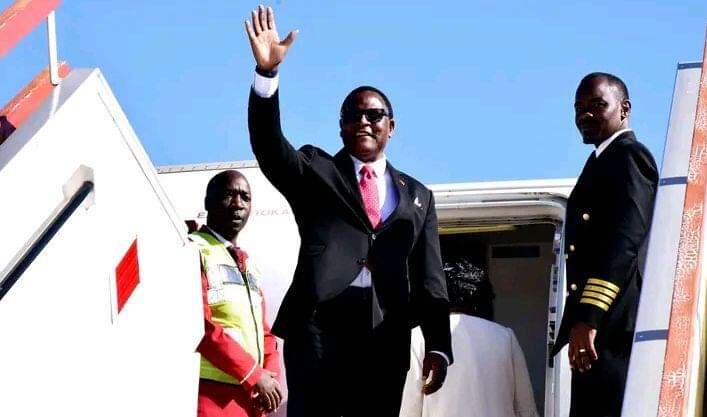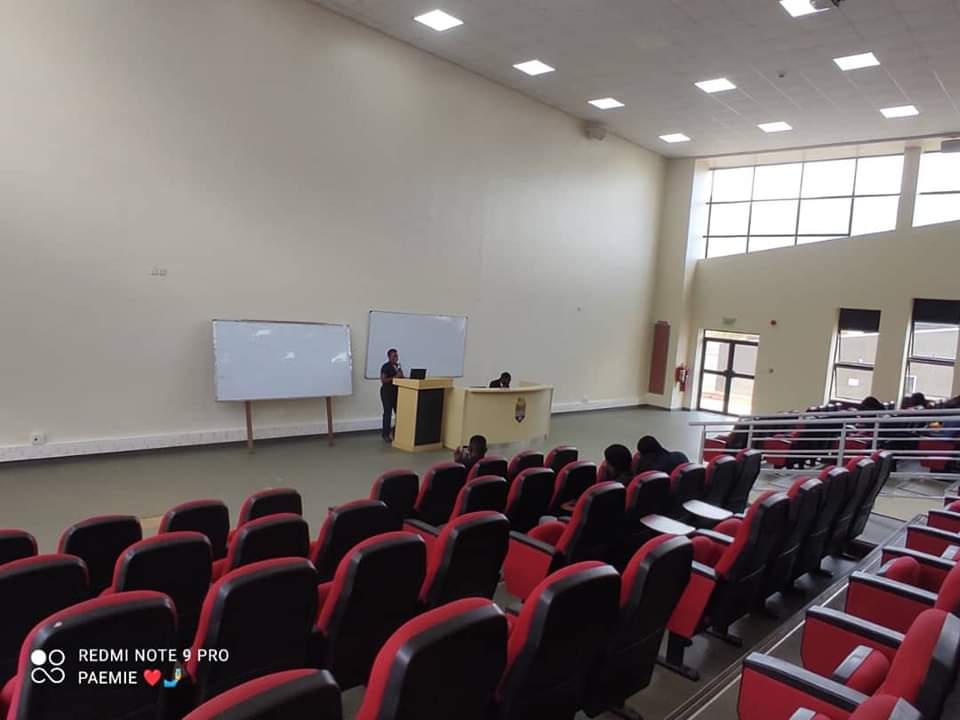By Burnett Munthali
For Thomson Mpinganjira, the dream of transforming Mighty Mukuru Wanderers into a football powerhouse in Malawi has turned into a cycle of frustration and disappointment. Over the past three seasons, the business mogul and philanthropist has invested over K2 billion into the team, hoping to restore its former glory. However, consistent underperformance and a lack of visible progress have led him to openly voice concerns about the state of football at the club and in Malawi as a whole.

Mpinganjira’s investment in Wanderers was driven by a passion for football and a desire to uplift one of the country’s oldest and most iconic teams. His financial support was meant to professionalize operations, improve facilities, and recruit talented players and coaches capable of competing at the highest levels.
However, despite the substantial investment, Wanderers have struggled to meet expectations. The team has failed to win major trophies or establish dominance in the TNM Super League, leaving fans and stakeholders disappointed.
Speaking candidly about the situation, Mpinganjira identified a lack of quality coaching and skilled players as the root causes of the team’s struggles. According to him, the club has yet to develop or attract the caliber of talent required to compete effectively on both domestic and international stages.
“We’ve put in the resources, but the results aren’t there,” Mpinganjira lamented. “Our coaching staff lacks the technical expertise needed to guide the team, and the players don’t exhibit the level of professionalism and discipline we expect.”
Mpinganjira’s frustrations are not isolated to Wanderers. His comments reflect broader challenges in Malawi’s football ecosystem, including inadequate infrastructure, poor player development programs, and a lack of investment in technical training for coaches. These systemic issues have hindered the country’s ability to compete regionally and globally.

The situation also raises questions about the effectiveness of football governance in Malawi. Despite the passion for the sport, mismanagement and insufficient long-term planning have often left clubs like Wanderers struggling to achieve sustained success.
Mpinganjira’s experience underscores the need for a comprehensive overhaul of football in Malawi. He has called on stakeholders, including the Football Association of Malawi (FAM), to prioritize developing grassroots programs, enhancing coaching standards, and creating systems that reward performance and accountability.
“We can’t keep throwing money at the problem without addressing the fundamentals,” he stated. “It’s time for everyone involved to step up and take responsibility for the future of the sport in Malawi.”
For Mpinganjira, the situation with Wanderers has been a costly and emotional journey. While his commitment to the team and the sport remains undeniable, his frustrations highlight the difficulties faced by private investors seeking to support football development in Malawi.
The question now is whether Wanderers and the wider football community will rise to the challenge and address these issues or continue down a path of mediocrity despite significant investments.
Thomson Mpinganjira’s frustrations with Mighty Mukuru Wanderers are a wake-up call for Malawi’s football community. His experience illustrates that financial investment alone cannot solve deep-rooted problems in the sport. It requires a collaborative effort among players, coaches, administrators, and fans to create a sustainable, competitive, and professional football culture.
Whether Wanderers can turn their fortunes around remains to be seen, but Mpinganjira’s candid remarks may spark the much-needed reforms to revitalize Malawian football.




